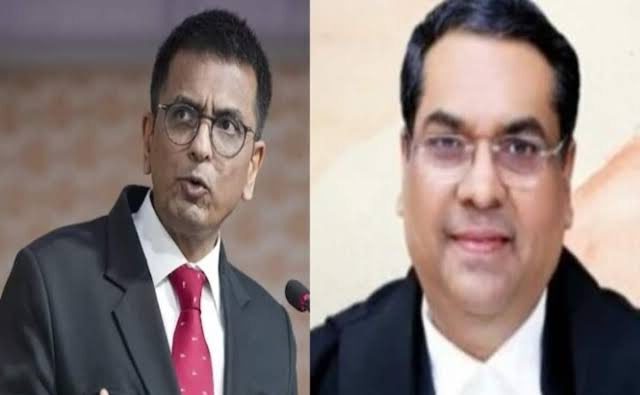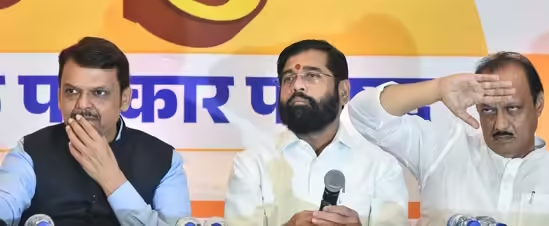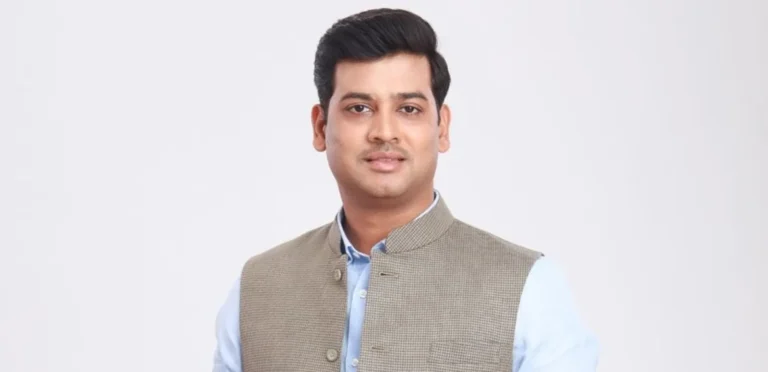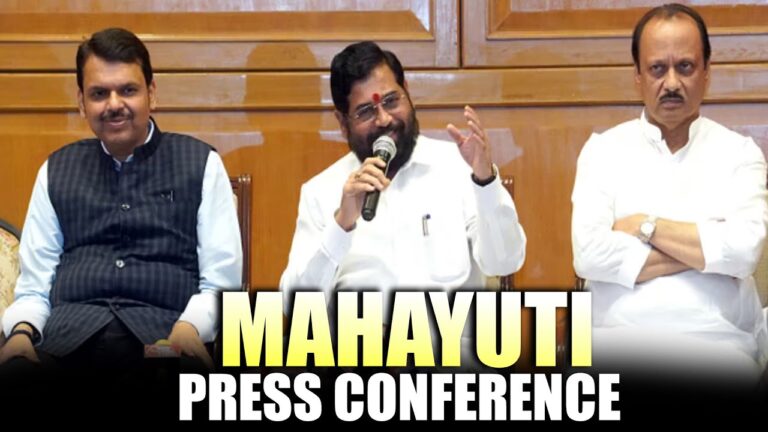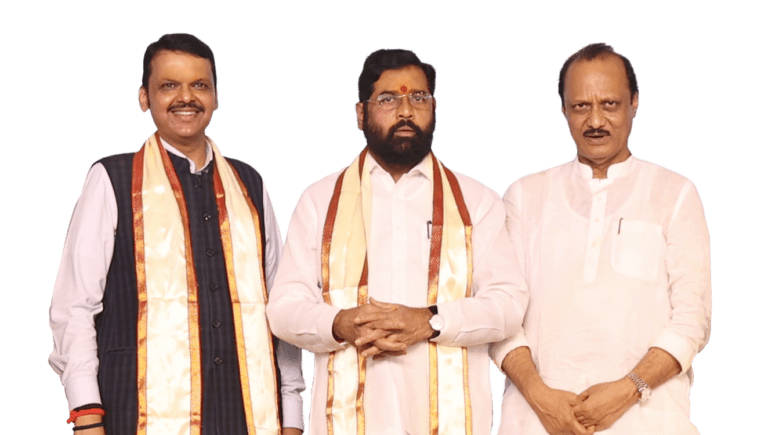Liam Payne, the former One Direction singer, has tragically passed away at the age of 31 in Buenos Aires, Argentina. The singer reportedly fell from a third-floor balcony of the hotel where he was staying. Authorities are investigating the circumstances surrounding his death, with initial reports suggesting that Payne might have been under the influence of drugs and alcohol at the time. Police responded to an emergency call describing an aggressive man suspected of substance abuse.
Payne, who had arrived in Argentina to attend a concert by his former bandmate Niall Horan, appeared joyful in social media posts shared just hours before his death. He reunited with Horan backstage, posting several updates, including selfies and videos, capturing the camaraderie between the two. Payne’s girlfriend, Kate Cassidy, who was also present, left Argentina shortly before his fall, prompting further speculation.
A leaked voice note from a hotel staff member has revealed shocking details about Payne’s behavior, indicating that he may have been using drugs earlier in the day. The staff member mentioned seeing Payne “acting crazy” and destroying the room, which added to the distressing chain of events leading to his tragic death.
Fans and celebrities have expressed their grief, with tributes pouring in from around the world. Former bandmates, including Harry Styles and Niall Horan, shared emotional messages, remembering Payne’s impact and the years they spent together. Payne’s ex-fiancée, Maya Henry, also expressed her devastation, stating that Payne had previously hinted at his struggles.
Liam Payne’s death has left the music world in shock, and his fans continue to hold vigils and tributes outside the hotel where he passed away. Authorities are still piecing together the events leading up to his untimely demise as investigations continue.(input from agencies)


